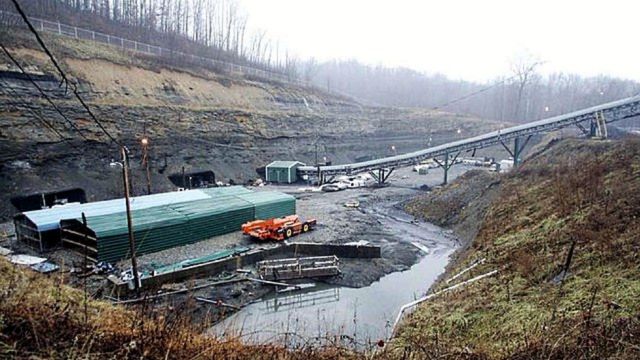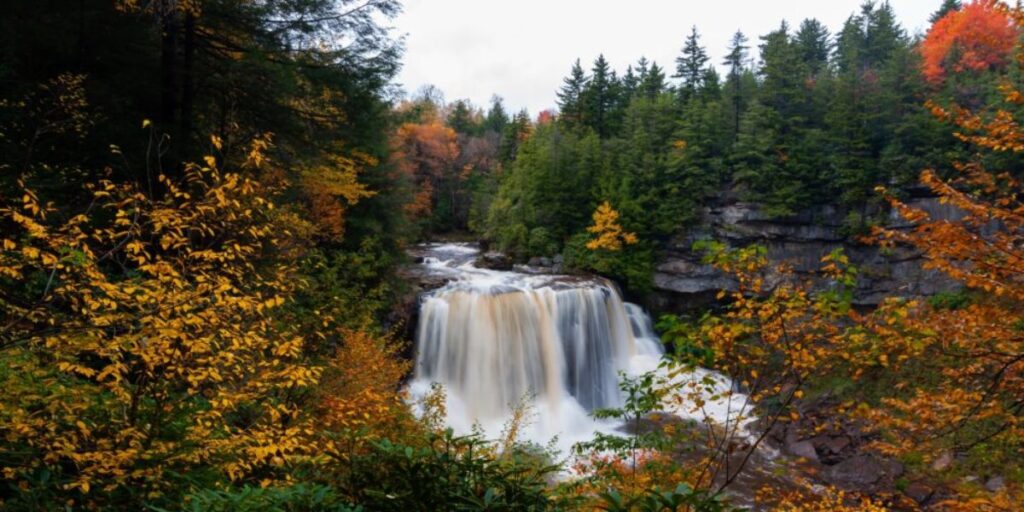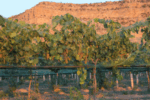West Virginia, the Mountain State, is known for its rugged mountains, charming small towns, and rich history. The people here have a unique way of speaking that reflects their deep roots in the Appalachian region.
From the way words are pronounced to the phrases that locals use, the language of West Virginia tells a story of community, culture, and the natural beauty of the land. Here are 11 words and phrases that prove you’ve lived in West Virginia too long—can you say them?
1. Yinz
A true West Virginia classic, “yinz” is the local variation of “you all” or “y’all.” If you’re from the Mountain State, you’ve likely used this word without even thinking twice. Whether you’re greeting a group of people or calling out to a neighbor, “yinz” rolls off the tongue with ease. Once it becomes part of your vocabulary, you’re officially part of the family.
2. Holler
In West Virginia, a “holler” doesn’t just mean a shout or an exclamation—it refers to a small valley or a narrow area between mountains. It’s a term rooted in Appalachian culture, and if you’ve ever been in one, you know the unique way sound echoes across the landscape. So if you’ve lived in West Virginia long enough, you’ll probably find yourself talking about the holler where you grew up or where your family lives.
3. Buggy
If you’ve spent enough time in West Virginia, you might find yourself referring to a shopping cart as a “buggy.” While this term might be unfamiliar to many outside of the state, it’s common in the Appalachian region. So, next time you’re at the grocery store, don’t be surprised if you say, “I’ll just grab a buggy” without thinking.
4. Junction
While “junction” might seem like a simple word, in West Virginia, it takes on a special meaning. It refers to a location where two roads meet, particularly in rural or mountainous areas. When you live in a state filled with winding backroads and small towns, “junction” is a common part of the everyday vocabulary.
5. Catawampus
This word is used to describe something that is askew, crooked, or not quite right. Whether you’re talking about a picture frame that’s tilted on the wall or a situation that’s gone off-course, if you say something is “catawampus,” you’ve definitely picked up a little Appalachian flair. It’s a term that adds personality to even the simplest of descriptions.
6. Gully

A “gully” refers to a small ravine or ditch, often one that’s formed by water erosion. In West Virginia, it’s a common term used to describe the natural landscape. If you’ve been out hiking or exploring the mountain terrain, you’ve probably come across a gully or two—and if you’ve spent enough time here, you’ve probably referred to them in conversation.
7. Pitch
In West Virginia, when something is “pitch,” it’s usually dark, as in “pitch black.” This word is often used to describe the inky darkness of a late night or the deep shade in the forest. It’s a word that’s steeped in the area’s rural traditions and natural surroundings, and it’s likely part of your vocabulary if you’ve spent any amount of time here.
8. Peckerwood
A “peckerwood” can refer to a variety of things in West Virginia, from a pesky bird to someone who’s being difficult or annoying. It’s a term that may sound a little old-fashioned, but it’s often used in a humorous or affectionate way, particularly when talking about someone who’s causing a bit of trouble.
9. Fixin’ to
In West Virginia, when someone says they’re “fixin’ to” do something, it means they’re getting ready or planning to do it soon. It’s a way of saying “about to” or “preparing to,” but with that extra dose of Southern Appalachian charm. If you’ve lived here long enough, you’ve probably heard someone say, “I’m fixin’ to head out” or “I’m fixin’ to get the chores done.”
10. Bubba
“Bubba” is a friendly, informal term used to refer to a male, typically someone close in age or a younger man. It’s used much like “buddy” or “pal” in other parts of the country, but in West Virginia, it carries a sense of local camaraderie. If you’ve heard someone call a friend or family member “Bubba,” you’re likely in the Mountain State.
11. Lick
In West Virginia, a “lick” refers to a natural spring or water source, often a place where animals come to drink. The term is used in the names of many places across the state, like “Salt Lick” or “Big Lick.” It’s a quirky, yet distinct part of the local vocabulary that’s rooted in the region’s natural history.
West Virginia’s language is a testament to its rich cultural heritage and the rugged beauty of the Appalachian Mountains. Whether it’s the distinct way of pronouncing words or the colorful phrases used to describe everyday life, the words you use here are a reflection of the state’s unique identity.
If you find yourself saying “yinz,” referring to your local “holler,” or talking about a “buggy” at the store, then you’ve definitely lived in West Virginia long enough to adopt its way of speaking. Embrace the charm of these words—they’re what make the Mountain State’s language so special.
GBBC –
11 Words That Prove You’ve Lived in Minnesota Too Long—Can You Say Them?
11 Words That Prove You’ve Lived in Montana Too Long—Can You Say Them?
11 Words That Prove You’ve Lived in Mississippi Too Long—Can You Say Them?





More Stories
11 Words That Prove You’ve Lived in West Virginia Too Long—Can You Say Them?
11 Words That Prove You’ve Lived in West Virginia Too Long—Can You Say Them?
11 Words That Prove You’ve Lived in West Virginia Too Long—Can You Say Them?